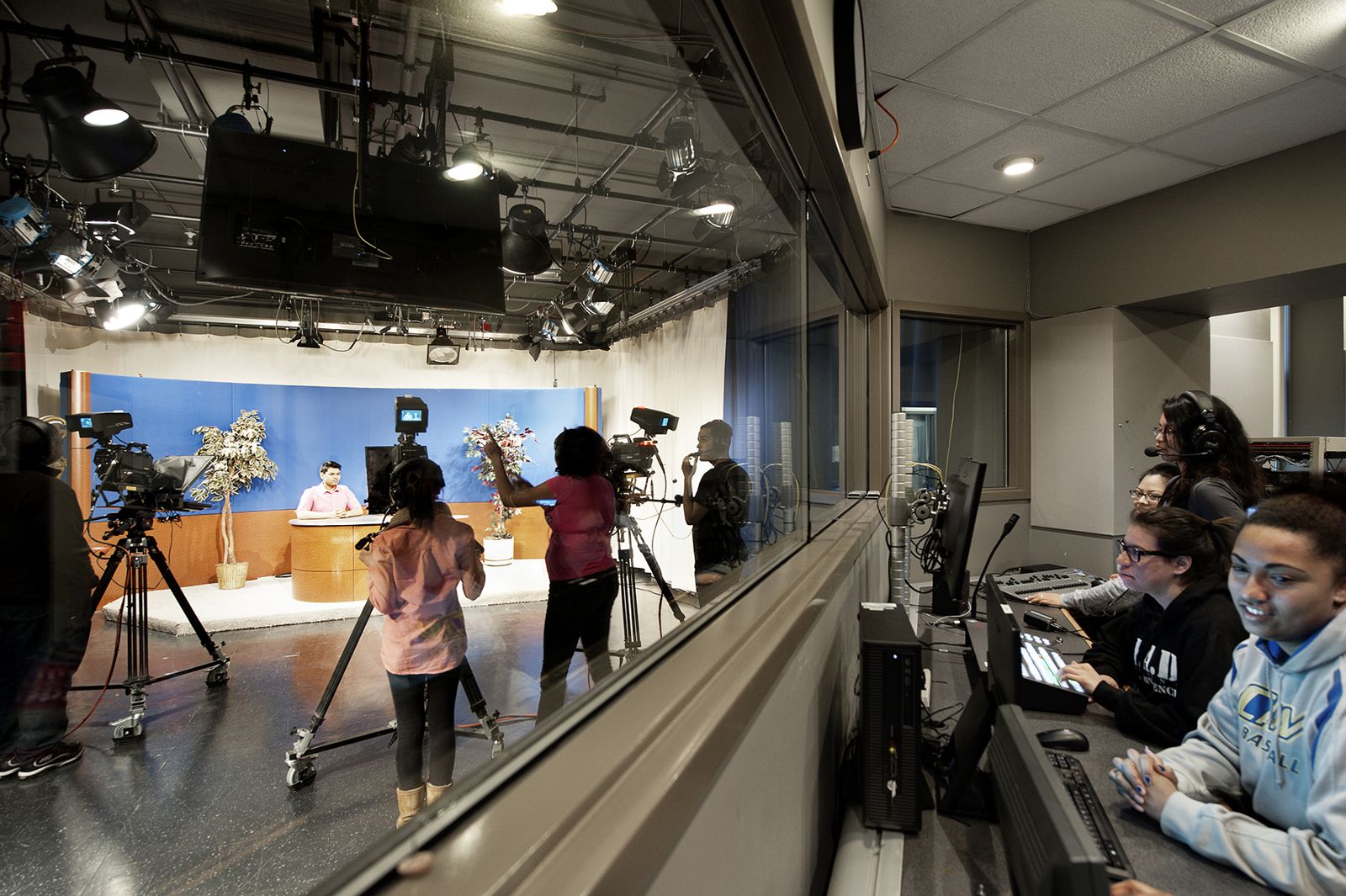
Headline News
- All
- Accreditation
- Antitrust
- Borrower Defense
- Campus Safety
- Charitable Giving
- College Completion
- College Cost
- College Scorecard
- Credit Hour
- Deregulation
- Distance Education
- Endowments
- FAFSA
- Federal Money for State Colleges
- Federal Work Study
- Financial Responsibility Standards
- Gainful Employment
- Graduate Student Aid
- HEA Reauthorization
- Income-Based Repayment
- International Education
- Loan Forgiveness
- Net Price Calculators
- Nonprofit Status
- Other Student Aid
- Overtime Rules
- Pell Grants
- PILOT
- Privacy
- Program Integrity
- Regulation
- Risk Sharing
- Sexual Assault
- Simplification
- State Authorization
- State Grant Aid
- Student Aid
- Student Aid Funding
- Student Debt
- Tax Benefits
- Tax Policy
- Tax Reform
- Teacher Preparation
- Veterans Benefits
